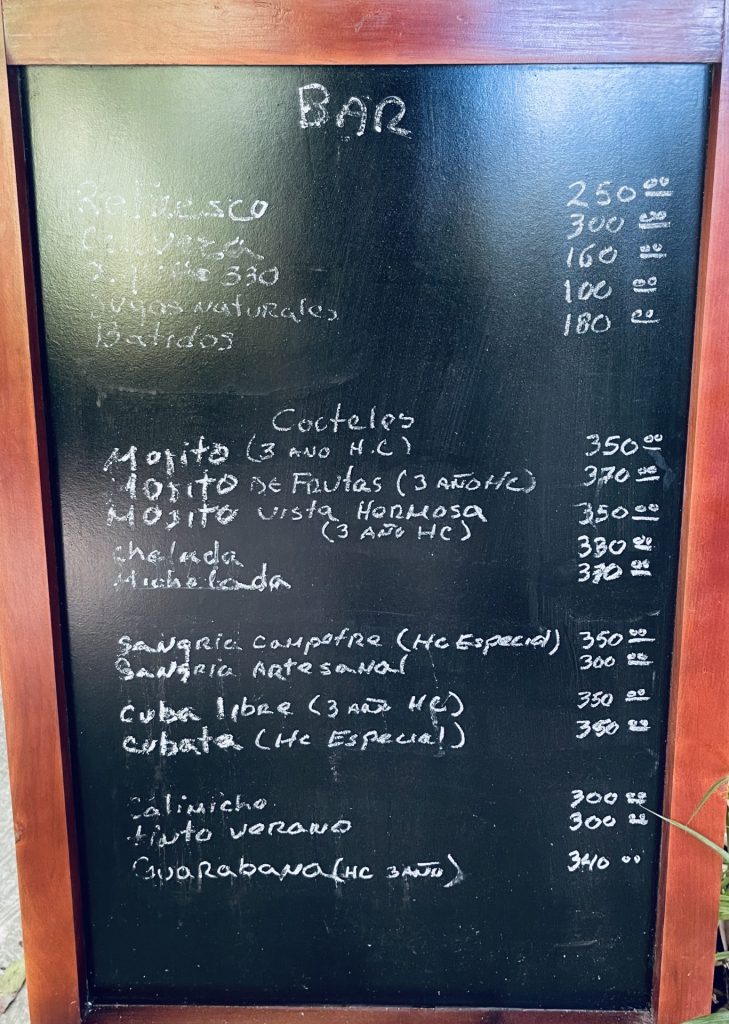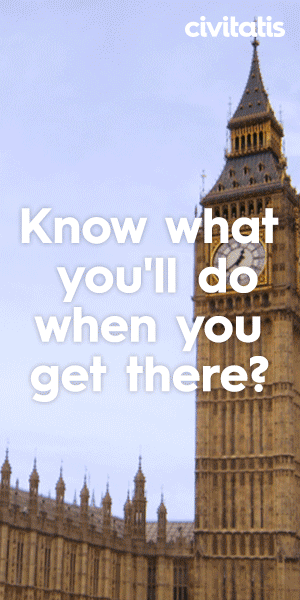Most tourists don’t know the laws, in Cuba. And one law in particular, could save them significant amounts of money during their travels. Because it protects tourists (and locals) from being ripped off or ‘gringo priced’.
Here’s what you need to know about pricing in Cuba. And some of my own experiences and suggestions, for avoiding pricing scams on your next trip to Cuba.
Gringo Pricing Scams In Cuba
The Law – All Prices Must Be Displayed
Cuban law states, that all shops must clearly display the prices for which they are selling goods. When you walk up to a small kiosk or shop in Cuba, you will notice that the prices for each item are clearly written on a piece of masking tape stuck to each display item. This is a requirement under Cuban law.
The practice of ‘gringo pricing’ tourists, can actually be avoided by not shopping at stores that do not have clearly marked prices. Those shops, bars and restaurants that are not displaying their prices are not reputable. They’re required by law to have their prices clearly displayed.
What To Do If Prices Are Not Displayed In Cuba – Gringo Pricing
Let’s say you walk up to a kiosk, to buy a can of beer or a bottle of water. And let’s assume that you happen upon a kiosk where there are no clearly displayed prices. Don’t shop there. They are going to try to rip you off.
If you do buy something from one of these stores (or restaurants) and they try to charge you a ridiculous price, threatening to call the police if you don’t pay, challenge them. Tell them to call the police and snap a photo of the items without prices.
When the police arrive, that vendor will be fined. And the police will take a dim view of the vendor trying to rip off tourists. Because tourism is the lifeblood of the island. Tourism is Cuba’s major export.
Tours And Tickets – Buying Tourist Activities In Cuba
However, for tours and other activities, prices don’t need to be displayed. When you do try to book a tour in person, on the island, the seller will take advantage of you and overprice their tour. Or they’ll sell you a ‘ticket’ and disappear with your cash (common scam).
For tours and activities, use Civitatis (with a VPN in Cuba) and book your tours online. You’ll get a better price than buying a tour from a Cuban in Cuba. And all the tours are in English, rated by past users and the vendors personal identity is verified.
Avoid ‘Gringo Pricing’ In Cuba
I’m Australian. I’m not American and the majority of the tourists visiting Cuba are not American. ‘Gringo’ is a derogatory term, originating from Mexico and denoting an American.
Now, I’m sorry Americans, but there are a lot of you traveling to Cuba who are so clueless, that you make the rest of the tourist cohort look bad. Because the scammers so easily take your money, it perpetuates a cycle whereby everyone becomes a target. You need to research and stop being ‘gringo’ suckers.
For the most part Australian, Canadian and European tourists have traveled widely. Cuba is not the first country they have visited. Heck, I’ve traveled, worked and lived on virtually every continent. I know a scam when I see one.
But the average American tourist in Cuba, just wanders into everything. They’ve often traveled solely to Mexico or Canada, before venturing to Cuba. That is, if they’ve traveled at all.
The tourist scams in Cuba are often clumsy. These are tourist scams perpetrated by individuals who have never themselves, been tourists. And they’re the same scams found throughout the rest of Latin America.
Anyone who has traveled, will spot these scams a mile away. Tourists with at least some travel experience, will know they’re being ripped off and react accordingly.
What To Do When Being ‘Gringo’ Priced?
If you happen upon a kiosk or restaurant that has no clearly displayed prices, do not use that vendor. And be sure to drop a review on Google maps, so others can avoid them too.
If you are the sucker who has been walked to this vendor by a ‘friendly’ street tout, who has ‘kindly’ offered to help you, the random stranger, find what you’re looking for then you should refuse to pay the ridiculous price they’re trying to charge.
These individuals are themselves breaking the law. And crimes involving tourists carry harsh penalties. Again, tourism is the life blood of Cuba. Tourism is Cuba’s major economic export.
The Government and the people doing the right thing, and obeying the laws, all have a vested interest in protecting the reputation of Cuba as a desirable tourist destination. They don’t want you to be scammed.
For the most part, your ‘average Joe’ kiosk owner will not try to rip you off. But those who do, are breaking the law and ruining the reputation of Cuba.
Don’t reward these scammers with money. Do challenge them when they threaten to call the Cuban police. And do mark them on Google maps with a negative review, clearly stating the scam/s in which they are engaged.
Where Can I Get More Information About Cuba?
I’ve made my Complete Guide To Traveling Cuba available on this website. And I recommend you read it, before traveling to Cuba. It will help you navigate Cuba and Cuban society.
My Cuba travel guide will save you a lot of time and money on your next trip to Cuba. Cuba is not the sort of destination in which you can arrive unprepared. Read the most complete Cuba Travel Guide.






